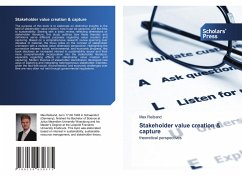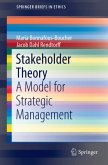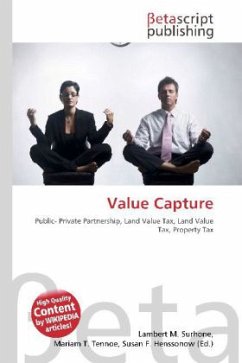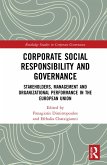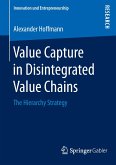The purpose of this book is to elaborate on distinctive insights in the field of stakeholder value creation, how it can be captured, and the links to sustainability. Starting with a basic review, reflecting dimensions of stakeholder literature, this study outlines how these theories and definitions serve different purposes regarding value creation and capturing. Based on a comprehensive research review spanning over decades of material, the focus relies on the concept of stakeholder orientation with a multiple value dimension perspective. Highlighting the connection between social, environmental, and economic progress, this book discloses an increased interest in sustainability issues and their more comprehensible incorporation into the stakeholder literature, especially regarding effects on stakeholder value creation and capturing. Modern theories of stakeholder identification developed new ways of exploring and integrating heterogeneous stakeholder interests, given the fact that social, environmental, and economic challenges over time are very often not met through governmental regulations.
Bitte wählen Sie Ihr Anliegen aus.
Rechnungen
Retourenschein anfordern
Bestellstatus
Storno

